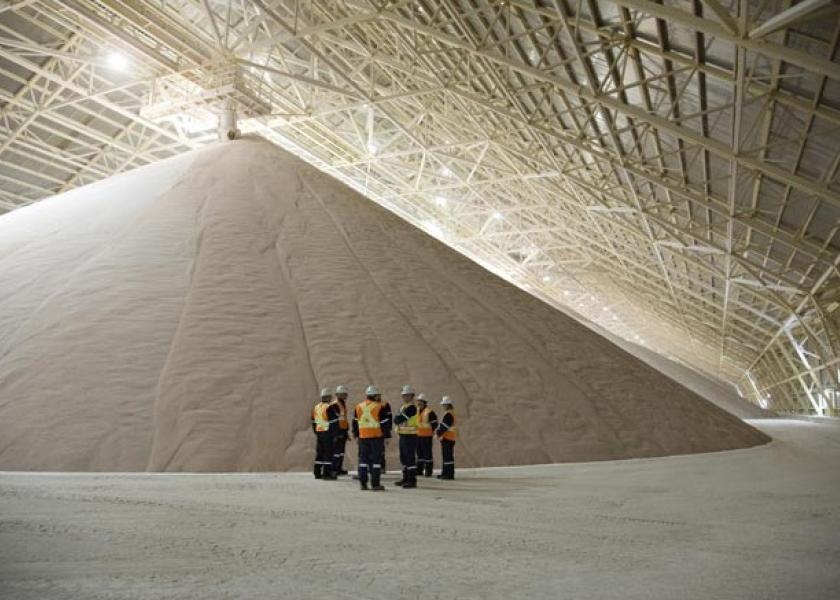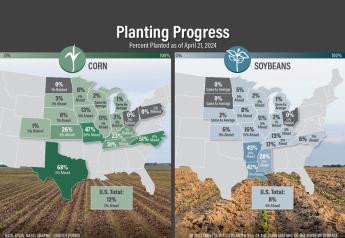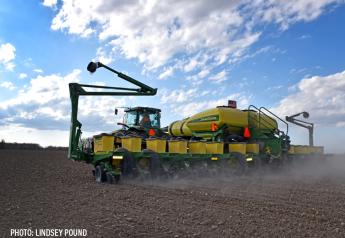Potash Market Rebounds as Low Prices Drive Sales in Asia

The global potash market is rebounding from a decade of weakness as cheap prices for the crop nutrient help to drive sales in India and China.
Potash Corp. of Saskatchewan Inc. raised its global shipment forecast for the industry to 62 million to 65 million metric tons for 2017, up 1 million tons from an earlier projection. A good monsoon and increased acreage will help to boost sales in India while exports to Latin America are poised to reach a record, the company said in a statement Thursday as it unveiled better-than-expected second-quarter earnings.
Shipments to China, the largest market, are seen rising to as much as 16.5 million tons. Canpotex Ltd., the joint venture handling overseas potash sales for Potash Corp. and its two largest North American rivals, has said in the past week that shipments to China may climb 31 percent in 2017 and that it has signed supply contracts at prices $11 a ton higher than last year.
 Spot prices rise 23% from 2016 low. © Bloomberg |
“For the second half of 2017, we anticipate rising consumption,” Potash Corp. Chief Executive Officer Jochen Tilk said on an earnings call. “Affordability will continue to underpin strong potash demand.”
Potash prices have been in a downward trend for a decade due to excess production capacity. Lower crop prices cut farmer spending, undermining demand for the commodity, which strengthens plant roots and boosts drought resistance.
Potash Corp., which plans to merge with Canada’s Agrium, has reduced its own production capacity to help balance the market. Sales volumes tend to rise amid low prices, said Atlantic Equities analyst Colin Isaac, and rising shipments may not be a sign of any structural demand change.
“It probably just reflects that prices are lower,” Isaac said by phone. “That’s been the trend.”
Rising Prices
In the U.S. corn belt, potash spot prices have gained 23 percent since hitting a nine-year low in July 2016, according to Green Markets data. Sales volumes usually get a boost once a Chinese settlement is reached, said Jason Miner, a Bloomberg Intelligence analyst.
“Demand is fairly solid,” Edward Jones & Co. analyst Daniel Sherman said by phone. “Potash itself is looking like we probably bottomed in 2016.”
Saskatoon, Saskatchewan-based Potash Corp., reported second-quarter net income of 24 cents a share, exceeding the 19-cent average of 10 estimates compiled by Bloomberg. Sales rose to $1.12 billion from $1.05 billion a year earlier, beating the $987 million average estimate. The company reiterated its full-year forecast for net income of 45 cents to 65 cents a share. The shares rose 1.2 percent to settle at C$22.22 in Toronto.
In September, Potash Corp. and Agrium agreed to an all-share merger to create the world’s largest crop-nutrient supplier. The companies expect to generate cost savings of $500 million a year following the completion of the deal, which they see happening late in the third quarter. The merged company will be called Nutrien Inc.







